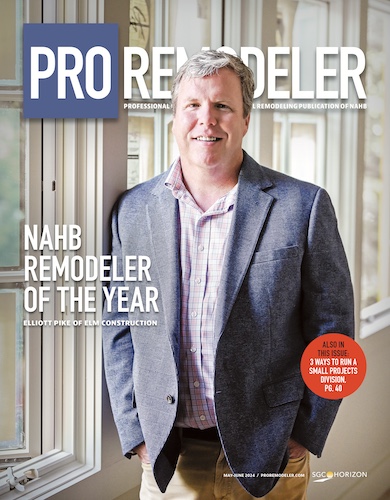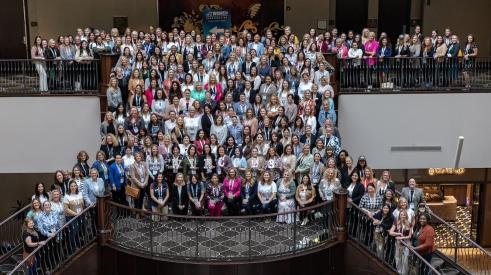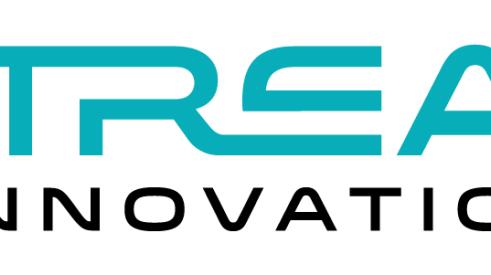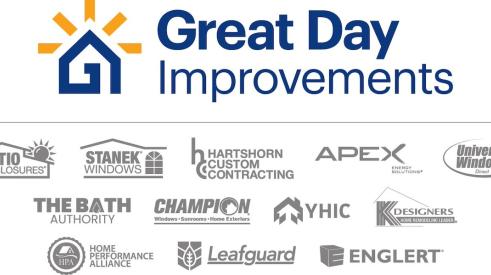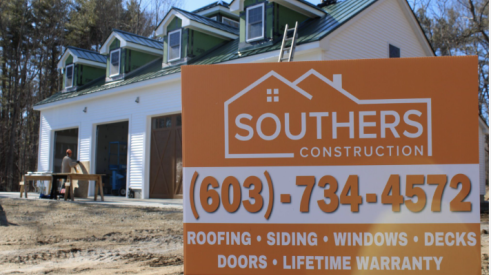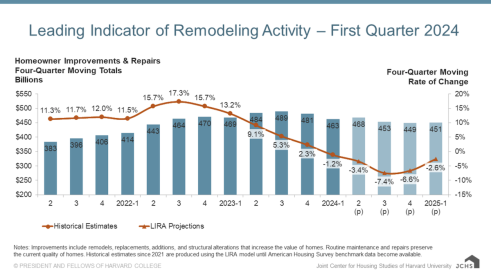During the Obama administration we saw a definitive pro-employee shift in labor regulations intended to: help unions gain footholds in the workplace, enact new safety rules, provide paid sick leave, and increase minimum wages; and, most recently, to double the minimum pay of salaried employees to qualify as exempt from overtime. While courts stopped the new salary test for exempt employees, President Trump has stated he will invalidate many other Obama-era policies.
Yet a federal regulatory rollback is just one part of the equation. In the face of recent congressional infighting, more states and localities have passed their own minimum-wage and paid sick leave laws. Nineteen states began 2017 with increased minimum wage obligations, and seven states now have laws that will require employers to provide some form of paid sick leave. More than 32 cities and counties including San Francisco, Chicago, Philadelphia, and Newark, N.J., have followed suit, enacting similar laws.
 States have waded into the immigration arena as well. Foremost among these is Arizona’s legislation allowing law enforcement to ask for proof of immigration status and mandating that employers run new hires through Department of Homeland Security (DHS) and Social Security Administration databases (E-Verify), which contrasts with states such as California where pro-immigrant laws prohibit seeking too much information in validating employee work authorization or taking action against an employee who seeks to update his or her identity stemming from legalized status.
States have waded into the immigration arena as well. Foremost among these is Arizona’s legislation allowing law enforcement to ask for proof of immigration status and mandating that employers run new hires through Department of Homeland Security (DHS) and Social Security Administration databases (E-Verify), which contrasts with states such as California where pro-immigrant laws prohibit seeking too much information in validating employee work authorization or taking action against an employee who seeks to update his or her identity stemming from legalized status.
Meanwhile, DHS has increased the penalties for employers who do not properly complete the Form I-9 for each new hire. Those who are grossly negligent in their duty to verify work authorization or who knowingly hire unauthorized workers also find themselves paying huge fines and even defending themselves against criminal charges.
Remaining Vigilant
In the face of increasing labor costs, other industries, such as manufacturing and restaurants, have begun enhancing their automation initiatives.
Automated systems are increasingly replacing control operators across the manufacturing industry, while driverless tractors and agricultural robots are replacing farm workers in California in the face of increased labor costs and a likely diminishing workforce, should Trump’s hard-line immigration stance prevail. Restaurants are also experimenting with self-help counter ordering devices to reduce the need for servers.
However, unlike those industries, construction remains heavily dependent on human labor. While some jobs, such as road paving, could conceivably be automated in the future, the remodeling sector will continue to rely on a human workforce and thus remains sensitive to any mandated increase in wages.
Employers in the construction industry should remain vigilant about actions at the state level that may threaten gains from a Trump administration’s pro-entrepreneurial federal regulatory scheme. Companies should also take stock of their current practices and prepare for the immigration enforcement actions that are likely to come.
Under former President George W. Bush, DHS specifically targeted the construction industry with jobsite inspections. Employers should now take the opportunity to be proactive, analyze their current practices, and update them as changes continue to evolve at federal, state, and local levels.
Add new comment
Related Stories
NARI Renames Awards Program
The awards program has a new name, but continues its tradition of recognizing the best in residential remodeling
Registration Open for Women in Residential+Commercial Construction Conference 2024
Join 300+ women in construction for three days of impactful idea-sharing and networking in Phoenix
Power Home Remodeling Expands Financing Offshoot with $400M from Goldman Sachs
Industry-leading home improvement company Power plans to grow its fintech offshoot fivefold with new investment
Great Day Improvements Acquires LeafGuard and Englert
Leading home improvement company Great Day Improvements purchases two major brands from private equity firm Audax
Metros with the Highest and Lowest Remodel ROI
First-time homebuyers can find fixer-upper listings priced between 5 to 10% lower than move-in ready homes. The high return on investment of these projects shows that remodeling remains a strong option to navigate the current housing market
Latest Private Equity Activity Signals Continued Strength in Home Improvement
A hot month for private equity means the industry remains opportunity-rich
Pro Remodeler Wins Two Prestigious Jesse H. Neal Awards
The editorial team was honored with one of B2B journalism's most prestigious awards in the categories of Best Subject-Related Package and Best Range of Work by a Single Author
Business Coach Cited in Attorney General Lawsuit Against Contractor
A New England contractor faces a civil suit alleging his company’s growth was tied to a business coach with a model that “encourages fraud"
Harvard Says Remodeling Spending Downturn to Slow
Could the drop in remodeling spending from post-COVID levels regulate soon?
Power Home Remodeling Now Offers Subsidized Childcare
The home improvement giant's move seeks to address a greater industry issue
